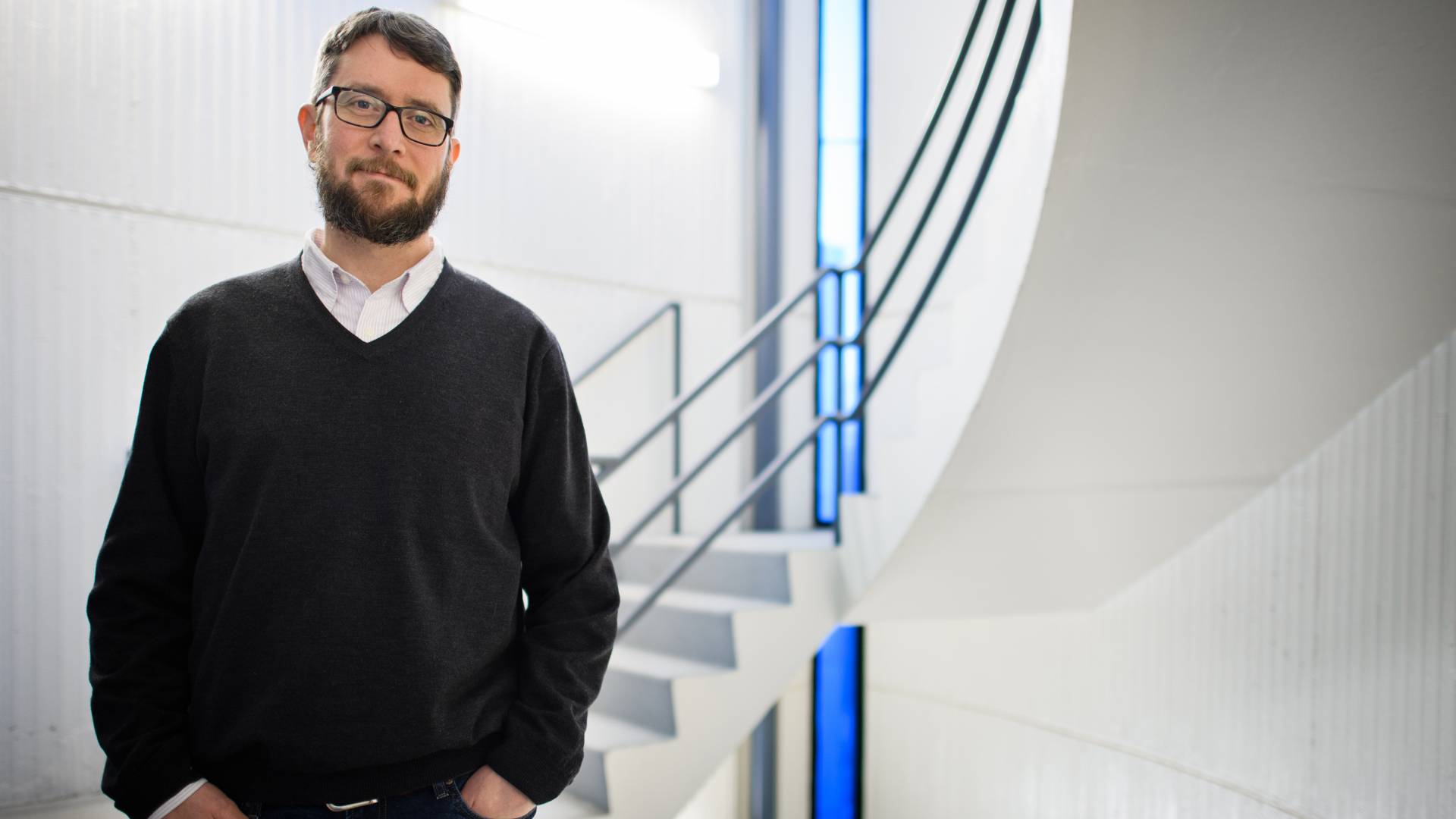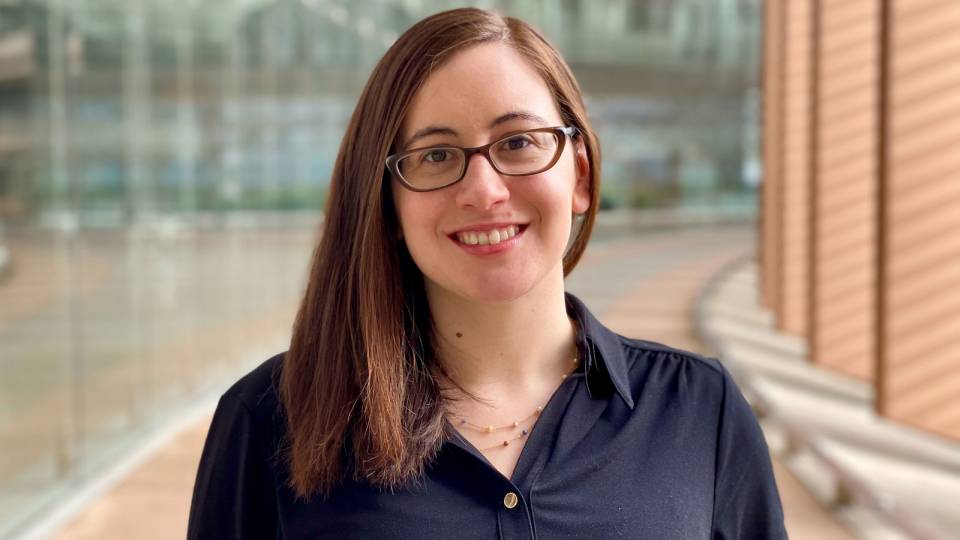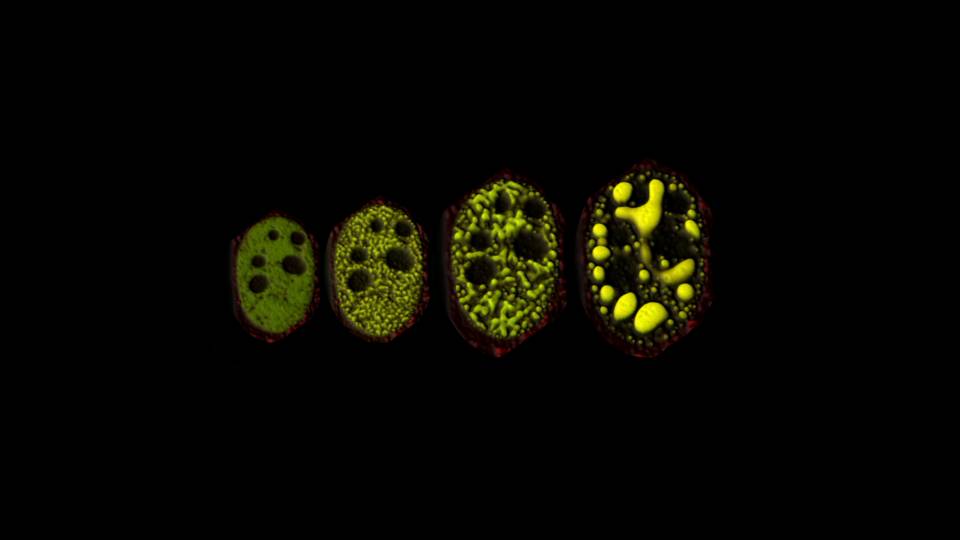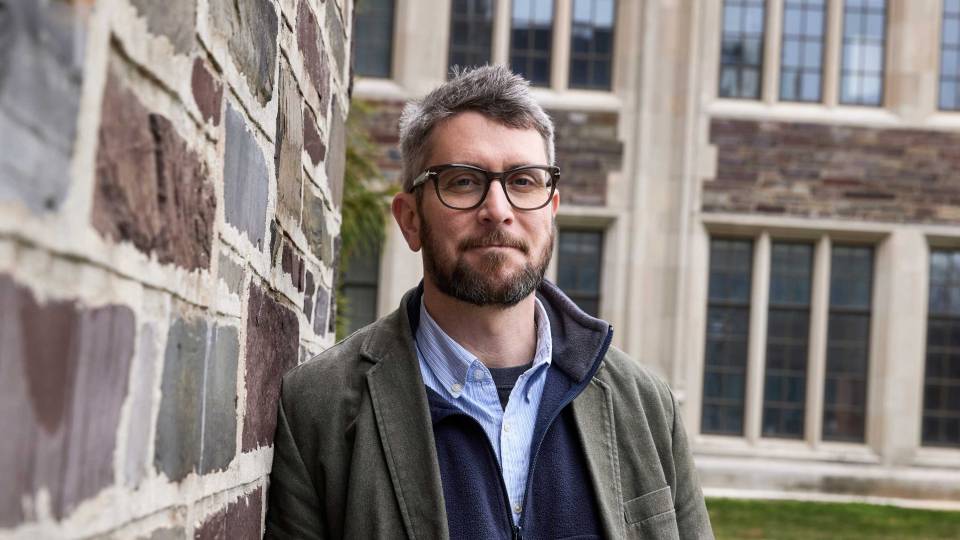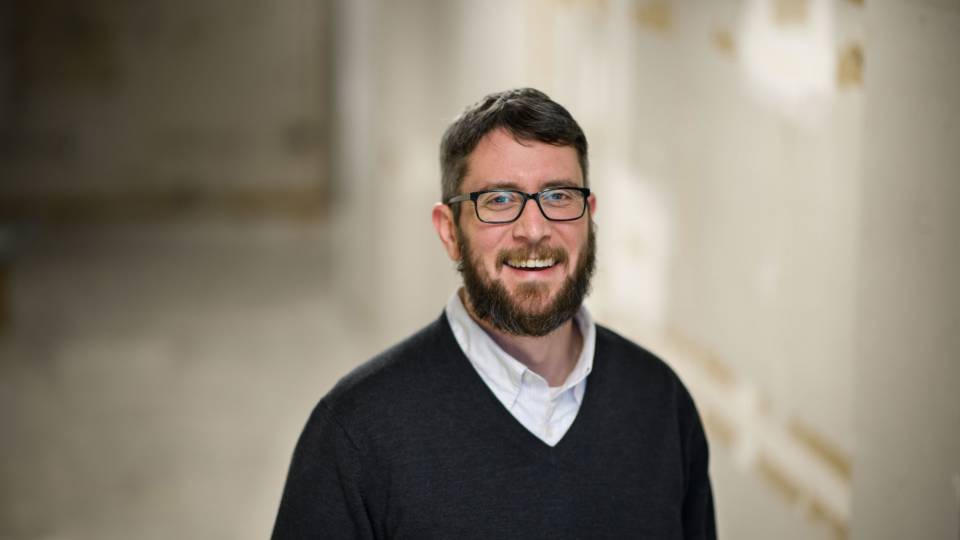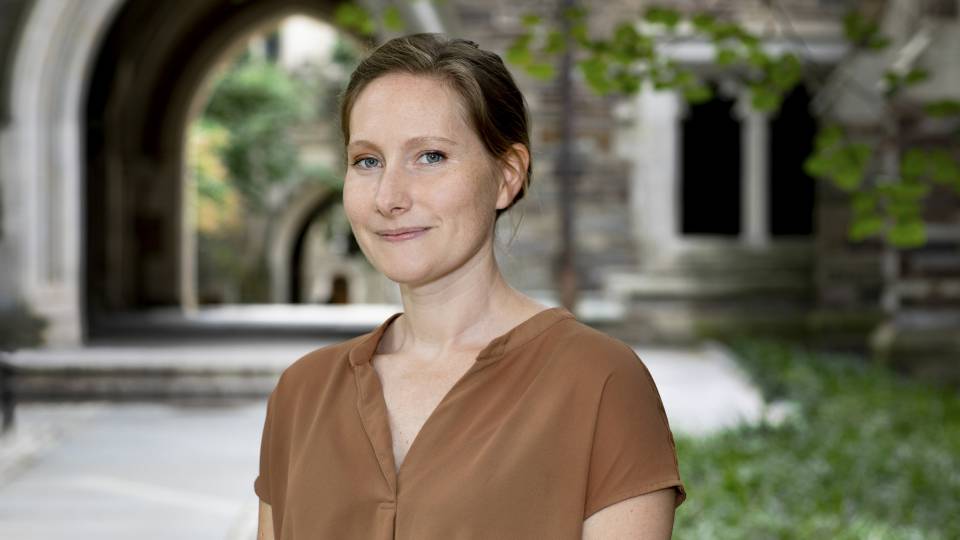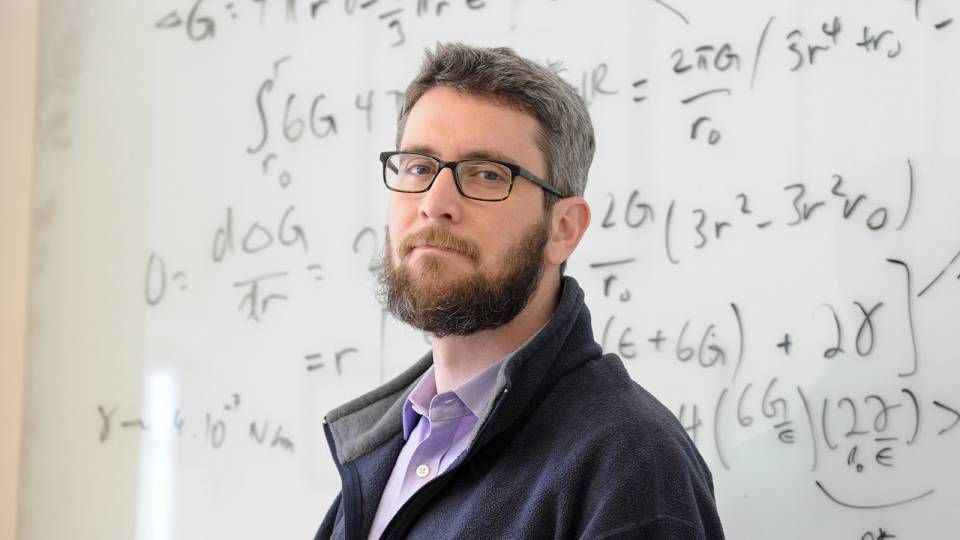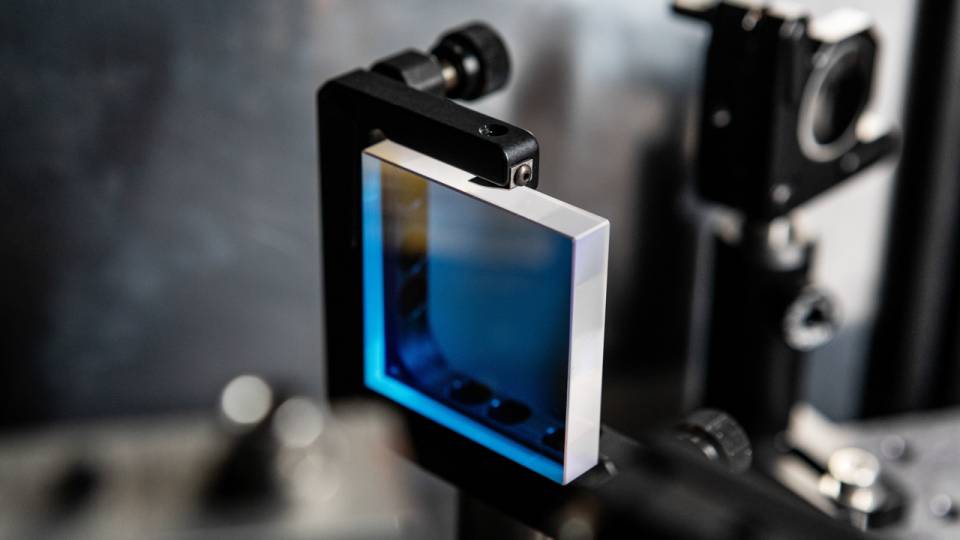"Our whole world has been turned upside down by a nanometer-sized particle of biological matter that has swept across the globe and killed a million people," Brangwynne said. "The COVID-19 pandemic is just one example. Think about cancer, dementia — these are diseases that have devastating effects in society. The Princeton Bioengineering Initiative is all about bringing an engineering mindset to face these challenges. Engineers are problem solvers."
The Howard Hughes Medical Institute has awarded Clifford Brangwynne one of 40 Transformative Technology 2019 (TT19) Awards to create a shared research facility, NanoCIE: Nanoscale Condensate Imaging and Engineering.
Brangwynne, a professor of chemical and biological engineering, is also associated faculty in molecular biology and the Lewis-Sigler Institute for Integrative Genomics. He was an HHMI-Simons Faculty Scholar from 2016 to 2018 and was appointed an HHMI Investigator in 2018, the same year he received a MacArthur Fellowship.
NanoCIE will include three instruments capable of super-high-resolution microscopy for imaging and engineering nanoscale structures within living cells, particularly the phase-separated condensates that Brangwynne has studied in recent years. Brangwynne’s vision for NanoCIE is not only to bring several high-powered instruments together, but to foster interactions between the Princeton researchers who are studying nanoscale intracellular phase transitions. To that end, the facility will include discussion spaces to promote interactions among participants of the Phase Group, a monthly gathering of interested students, postdocs and faculty to share informal research updates in a collaborative environment.
HHMI’s Transformative Technology Awards provide funding for advanced technology that will serve a cohort of users, including researchers outside the HHMI community. Sixty proposals were submitted to the TT19 competition, totaling $72.5 million. The 40 that were funded will share about $42 million.
